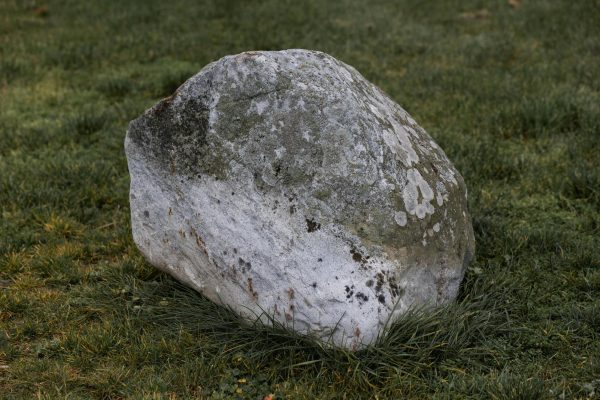Empathy: A Gift of Humanity
I don’t know which one bothers me more about the medical field: the fact that there are quite a lot of people with fatal diseases or the fact that patients are not handled with care and compassion. Now that I think about it, I definitely believe it is the latter, as it is something that we have control of and yet often neglect.
Whenever I visit a hospital for vaccination updates, blood tests or whatever the reason is, I always notice the same thing. The patients are lying in bed, no family around them, looking up at the doctors passing by with sad, tired eyes, and hoping for a single minute to talk to anyone to let out those feelings about their current health and situation in life. When doctors go in the patient’s room, they check their health, and then discuss the results in medical language with their colleagues, pretending as though the patient isn’t even there.
Now you could certainly argue that doctors don’t have time to get involved in conversations with all their patients, and that would be a valid argument. However, medical universities tend to not teach doctors that communicating with their patients is as essential as giving them the correct diagnosis and treatment. The entire concern is about the patient after all. He/she is the one that is being diagnosed and treated; therefore the doctor must talk to his/her patient. There are certainly doctors who are doing a very good job at this now, but unfortunately the more common trend is to just get the job done, not paying attention to the actual needs of the patient.
There is a unique relationship between doctors and their patients that time cannot change. Patients see doctors as their healers, the person that will ease all the pain off their chest. Good doctors work long and hard hours because they want to present their patients with a second life. They always find a minute out of their own time to talk and support the patient in his/her struggle. Yes, the patients need that cure and medication, but before anythin g else they need comfort. That is the word that has a magical healing power that no treatment is blessed with. When a patient is about to die, medications and surgery cannot save him, nor can they make him feel better. It is the little words that are exchanged between the doctor and the patient that can lift seas of pain. And comfort is done with trust, care, compassion, and patience. It cannot be forced.
g else they need comfort. That is the word that has a magical healing power that no treatment is blessed with. When a patient is about to die, medications and surgery cannot save him, nor can they make him feel better. It is the little words that are exchanged between the doctor and the patient that can lift seas of pain. And comfort is done with trust, care, compassion, and patience. It cannot be forced.
I think that my father is an example of what a good doctor is, and I am not saying this just because he is my father, but because anyone who had met him will admire his personality and see him as an inspiration. My father was a surgeon, and when he would coincidentally come across patients whom he treated years ago, they would stop, shake hands, and thank him with a sincere gratefulness in their eyes that could not be forgotten. Not just because he saved their life, but because he worked so carefully after the official surgery was done and took extra time to make sure to suture the wound so that it would barely leave a scar. Because he talked to his patients a while after the surgery to make sure that they were in comfort. Because he did what he did for the pure sake of easing pain and saving lives.
 In the future, even if there are machines that can do the current doctor’s work, the human interaction between a patient and a doctor will never be replaced. A patient is not an object, there is pulse, there is emotion, and there is life. It is this empathy that makes us human, and it is this goal that doctors all around the world should aim towards by the end of the day.
In the future, even if there are machines that can do the current doctor’s work, the human interaction between a patient and a doctor will never be replaced. A patient is not an object, there is pulse, there is emotion, and there is life. It is this empathy that makes us human, and it is this goal that doctors all around the world should aim towards by the end of the day.






